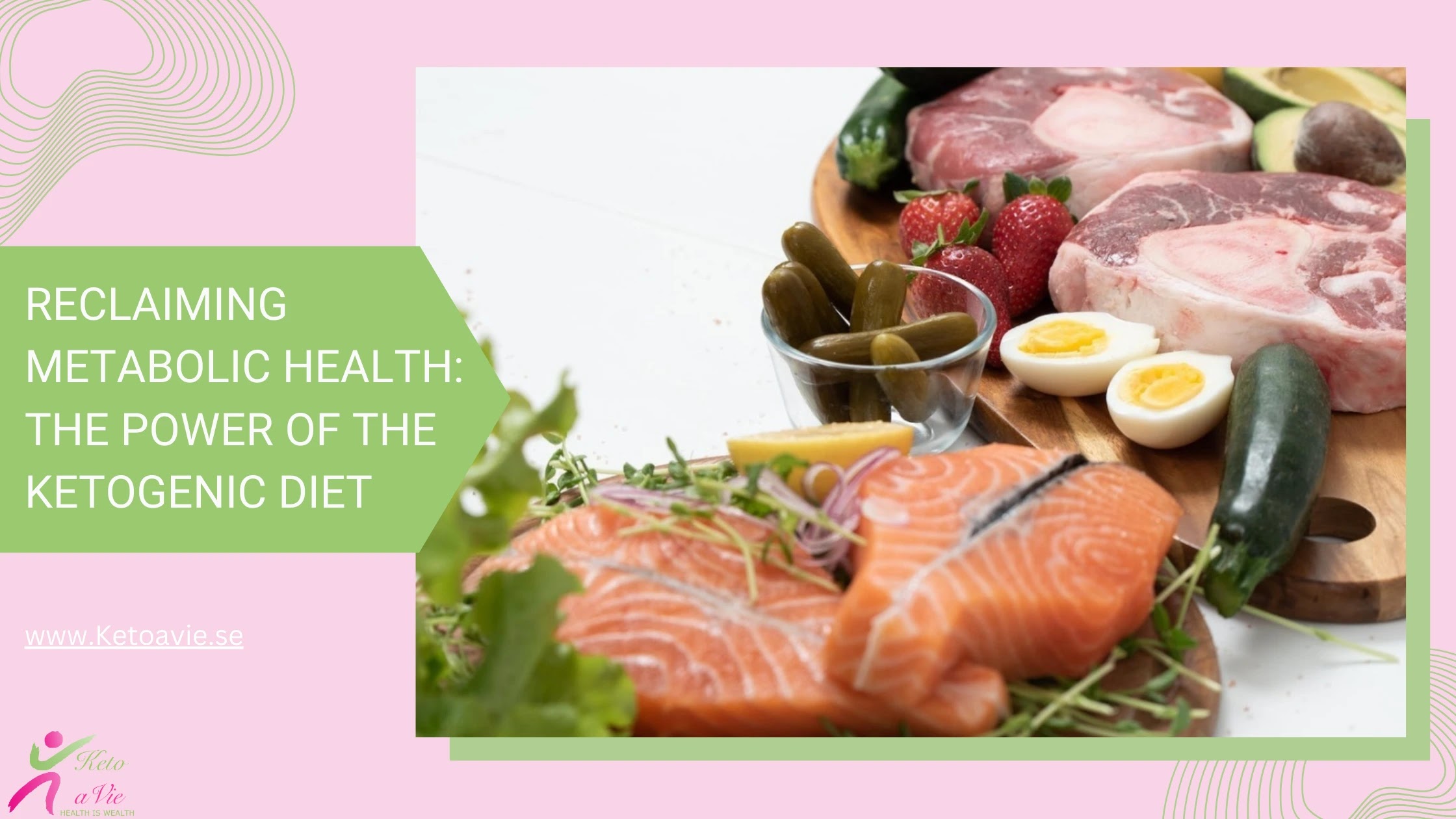The Microbiome: A New and Powerful Player in Endometriosis
 The Microbiome and Endometriosis: How Gut Bacteria Influence Hormones, Inflammation, and Healing
The Microbiome and Endometriosis: How Gut Bacteria Influence Hormones, Inflammation, and Healing

As a women’s health practitioner, I’ve seen firsthand how gut health and hormonal balance are deeply intertwined.
For many women with endometriosis, focusing only on hormones or surgery isn’t enough — because the roots of the condition often extend far deeper, into the gut and reproductive microbiome.
Recent research is now uncovering how these microscopic communities of bacteria may hold the missing link in understanding and treating endometriosis naturally and holistically.
Emerging research shows that gut imbalances don't just influence inflammation and hormones - they may also contribute to insulin resistance, a common issue in women with PCOS and other hormonal conditions.
The Microbiome: A Hidden Player in Endometriosis
In recent years, scientists have begun to uncover a new and fascinating factor in understanding and managing endometriosis — the microbiome, the community of beneficial microbes that live within and alongside us.
Far from being limited to digestion, this microscopic world influences our hormones, immune system, and even the growth of endometrial tissue itself.(*)
What Is the Microbiome and Why Does It Matter?
The microbiome refers to the trillions of microorganisms that inhabit our bodies — especially the gut — playing essential roles in digestion, immunity, and hormonal regulation.
When this delicate ecosystem becomes unbalanced — a state known as dysbiosis — it can trigger inflammation, hormonal imbalances, and immune reactions that may contribute to the development or worsening of endometriosis.(*)
Because the gut microbiome helps regulate estrogen metabolism, dysbiosis can worsen both estrogen dominance and insulin resistance, amplifying symptoms like fatigue, weight gain, and irregular cycles.
The Gut Microbiome and Women’s Hormonal Health
- Certain gut bacteria produce enzymes that reactivate inactive estrogen, raising estrogen levels in the bloodstream.Since endometriosis is an estrogen dependent condition, this reactivation may fuel tissue growth, pain, and inflammation.
The Reproductive Tract Microbiome: A Hidden World
It was once believed that the uterus was a sterile environment. However, new research has revealed the presence of unique microbial communities within the uterus and fallopian tubes.
Certain bacteria — such as Fusobacterium — have been found more frequently in women with endometriosis. This bacterium appears to promote local inflammation and may help endometrial-like tissue survive and grow outside the uterus.(*)
New Therapeutic Horizons Based on the Microbiome
This growing understanding of the microbiome opens the door to innovative, non-hormonal therapeutic strategies that could complement traditional treatments:
- Supporting beneficial bacteria through targeted supplements or foods (like fermented vegetables, kefir, or fiber-rich prebiotics) may help restore gut balance and reduce inflammation.
- Anti-inflammatory Nutrition:Diet plays a direct role in shaping the microbiome.Following an anti-inflammatory or ketogenic diet can improve gut health, balance hormones, and calm systemic inflammation.
- Future treatments may involve precision antibiotics or microbiome-modifying agents that selectively target harmful bacteria such as Fusobacterium, offering new non-hormonal options for managing endometriosis.
A New Era of Holistic Endometriosis Care
As science evolves, microbiome-centered strategies could become a key part of endometriosis management — providing women with more effective, natural, and sustainable solutions to reclaim their health and quality of life.
Supporting your gut health can be a powerful way to balance hormones, reduce inflammation, and improve insulin sensitivity —key steps toward healing endometriosis naturally.
If you want to learn more about starting a healthy keto lifestyle or improve your gut health, check out my GutHealth & Probiotics playlist.
📲 Ready to Go Deeper?
Explore my 7-Day Keto & Fasting Trial or my 30-Day Hormone Balance Plan
👉 https://beacons.ai/ketoavie
💌 Contact: info@ketoavie.se
🌐 Website: www.ketoavie.se
📘 Instagram: @ketoavie



Comments
Post a Comment